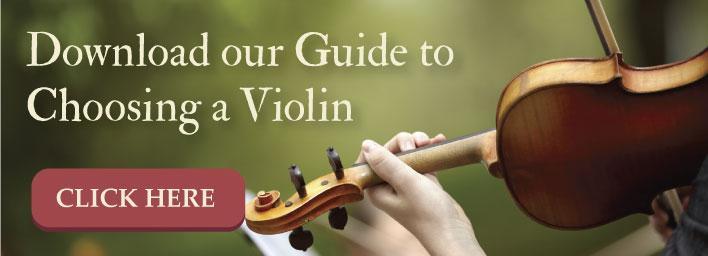College Application Time: How To Choose A Music School

There is nothing more exciting than taking your love - and talent - for music and bringing it to the next, collegiate level. The question becomes - "which music school(s) should I apply to?"
While certain universities, such as Julliard, University of Southern California, or The Curtis Institute of Music - have world-class reputations, it's also true that there is more to it than choosing a school for it's name. Each school has its own personality, strengths and types of music students it appeals to - so you want to be conscious of those less-instrument driven points while making your selections.
Here are things to keep in mind as you begin applying for music schools across the nation - or around the world.
Apply to more than one school to increase your odds of acceptance
Sometimes, students have their heart set on a particular school from the time they're very young. While the idea is sound, the practicality of applying to a single school is not. Most music schools are highly-competitive and have a range of student demographics they appeal to and serve.
Therefore, we recommend applying to at least three - and optimally five or more - schools to increase the odds of being accepted to a school that's a good fit.
Learn everything you can about each school on your list
Create a list of all the music schools you're interested in applying to. Your music teacher should be a wealth of information on this count because s/he has other students who have stood in your shoes as well.
Once you've compiled a list, begin looking at music college websites and learning all you can about them. Reach out to your parent and friend network and see if anyone in your inner- or outer-circles attended one of the schools and is willing to share their experience.
The simple act of learning more about each of these schools may eliminate names from your list.
Visit as many schools as you can
Dreaming about a music school and actually standing on the campus soaking it all in can be very different experiences. We've known plenty of students with their heart set on College A, only to find it was too big, too small, too something for their taste - and College B was the better "fit" after all.
While researching websites and speaking with admissions counselors is helpful, nothing beats visiting schools in person and checking them out for yourself. Tour as many campuses as you possibly can. If you live out of state and accommodations are an issue, ask admissions if they offer host student options - where you stay for free with a student in a dorm room.
The more you can evaluate on a personal basis, the better. And, while it's true that gas, train and/or plane expenses are a consideration, they're far more affordable than blowing a semester or two on a music school you realize isn't right for you anyway - putting you tens of thousands of dollars into the hole.
What area of music are these schools best-known for or focusing on?
If you want to be a classical concert musician, that's one thing. But perhaps you're more interested in music education, or contemporary performance art, or recording and production arenas. Prospective schools should be strong in the musical areas that interest you most.
If you're a more avant-garde musician or your interests are broader than performance or orchestra membership, seek out schools that speak to you and your interests and you'll be far happier - and successful - in the long-run.
At the age of 18-years old or 21-years old, you may be torn between different musical niches. You may have your heart set on one thing, while hearing a whisper of something else behind that call. If that's the case, look for schools that have strong programs in two or three areas that appeal to you so you're set either way.
Take trial lessons with prospective teachers/faculty
In a best-case scenario, that teacher you're dying to study under will be as challenging and inspiring as you've always dreamed of. In a worst-case scenario, your personalities and styles could clash to the point that your self-esteem dwindles or you lose your passion and inspiration for the instrument.
Fortunately, most music schools offer "trial lessons" with faculty members, providing an excellent opportunity for you to see what it's like to be a student there. Don't psych yourself out by thinking of this as your audition, think of it as theirs. Is this the teacher(s) you want to spend hours with each week over the next four or more years?
You'll have plenty of time to worry about your auditions down the road, once you know which schools you're interested in.


